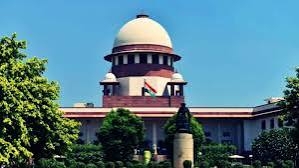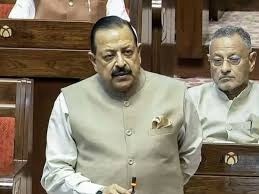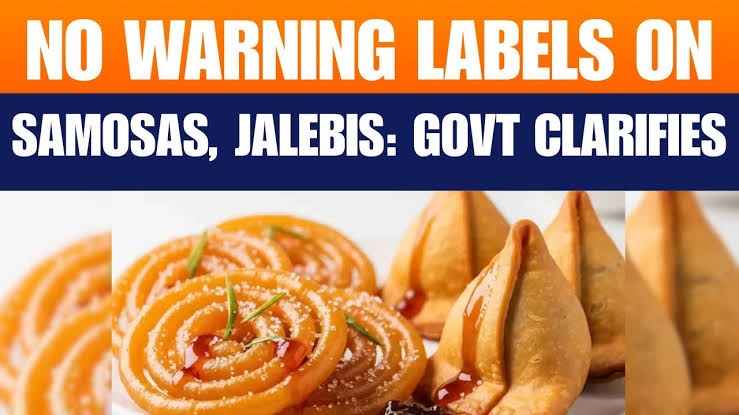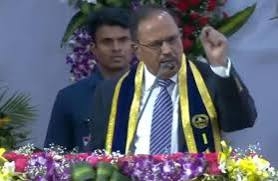In a significant judgment, the Supreme Court issued 15 pan-India guidelines to address the rising incidents of suicide, safety concerns, and mental health issues among students in educational institutions.
Key guidelines issued by the Supreme Court
All educational institutions must adopt and implement a uniform mental health policy, drawing from the UMMEED Draft Guidelines, the MANODARPAN initiative, and the National Suicide Prevention Strategy. This policy must be reviewed annually and made publicly accessible on institutional websites and notice boards.
Institutions with 100 or more enrolled students must appoint at least one qualified counsellor, psychologist, or social worker with demonstrable training in child and adolescent mental health. Smaller institutions must establish formal referral linkages with professionals.
All institutions must ensure optimal student-to-counsellor ratios. Dedicated mentors or counsellors should be assigned to smaller student batches, especially during exam periods or academic transitions, to offer consistent, informal, and confidential support.
Coaching and educational institutions are directed to refrain from batch segregation based on academic performance, public shaming, or assigning academic targets that exceed a student’s capacity.
Institutions must have written protocols for immediate referral to mental health services, hospitals, and suicide prevention helplines. These helpline numbers, including Tele-MANAS and other national services, must be prominently displayed in hostels, classrooms, common areas, and on websites in large, legible print.
All residential institutions must install tamper-proof ceiling fans or equivalent safety devices and restrict access to rooftops, balconies, and other high-risk areas to deter impulsive acts of self-harm.
Coaching hubs, such as those in Jaipur, Kota, Sikar, Chennai, Hyderabad, Delhi, and Mumbai must implement enhanced mental health protections. These cities, known for high concentrations of competitive exam aspirants, have seen disproportionately high student suicide rates and thus require focused preventive efforts.
All teaching and non-teaching staff must undergo mandatory training at least twice a year, conducted by certified mental health professionals. The training should cover psychological first aid, identifying warning signs, response to self-harm, and referral procedures.
Institutions must establish robust, confidential, and accessible systems to report and address incidents of sexual assault, harassment, ragging, and other grievances. Internal committees must be formed to act immediately on complaints and provide psychosocial support to victims. Zero tolerance must be maintained toward any retaliatory actions against complainants or whistle-blowers.
These guidelines apply to all educational institutions across India, including public and private schools, colleges, universities, training centres, coaching institutes, residential academies, and hostels, regardless of their affiliation.
The court clarified that these guidelines are issued in parallel with the ongoing work of the National Task Force on Mental Health Concerns of Students and serve as an interim protective framework.
All institutions must maintain anonymised records and prepare an annual report detailing wellness interventions, student referrals, training sessions, and mental health-related activities. This report must be submitted to the relevant regulatory authority, such as the State Education Department, UGC, AICTE, or CBSE.
Regular, structured career counselling sessions must be provided to students and their parents or guardians. These sessions, conducted by qualified counsellors should aim to reduce unrealistic academic pressure, promote awareness of diverse academic and professional pathways, and help students make informed, interest-based decisions. The counselling must be inclusive, socio-economically sensitive, and avoid reinforcing narrow definitions of merit or success.
























